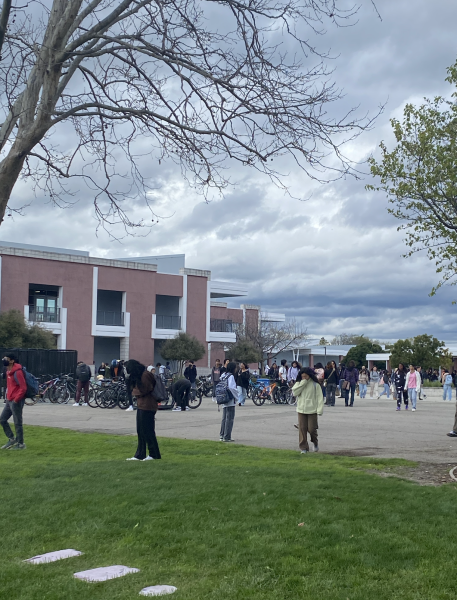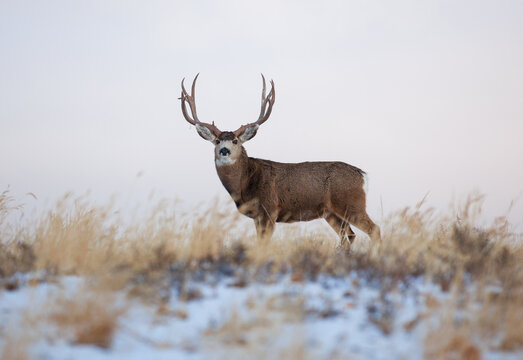Food Waste And You – Why You Should Pay Attention To Your Eating Habits
Food – Everyone (hopefully) eats it every day. It’s essential for life to exist, and yet, people throw so much of it out. Food waste is a big problem, and while it may not be as noticeable at home during the pandemic, the effects of food waste definitely pile up in larger cafeterias and restaurants.
In the United States, a culture of throwing away and forgetting about things is very prevalent. After all, single-use plastics are very pervasive, with factories needlessly wrapping things in plastic for people to see or use once and throw away. This mindset also applies to food, as the U.S seems to have an abundance of it.
Even worse, stores like Costco and supermarkets like Safeway are set up so that an abundance of food is shown to customers as they walk in through the front door. Produce sections almost never have shelves. You can see all of the food that they can sell to you at the same time, which subconsciously creates the image of a world where food is never a concern, and that it’s okay to throw some of it out.
Unfortunately, this is not the case. While the U.S. does produce a lot of food (certainly enough to feed the population and then some), food waste does more than sit around the landfill. All foods can be broken down by bacteria. Just like what you’ve learned in biology class, these bacteria can break down the food and release greenhouse gases like carbon dioxide and methane, warming up the planet and contributing to the looming climate crisis.
Worse yet, materials like fertilizers and tools like tractors all come with a price aside from the financial one. Most fertilizers take up energy in factories to be produced, which can, and often does, come from fossil fuel power plants. Tractors burn gasoline to drive the engine, which emits greenhouse gases as well. Although the combined greenhouse gas cost of these practices is hard to pin down, it does exist and is still a significant part of emissions.
Furthermore, animal meats, especially red meats, are very poor for the environment. Cows in particular are the worst offenders, typically emitting the potent greenhouse gas of methane when they burp or fart (which is often). Pretty nasty, but it’s the truth.
You may be asking yourself what this has to do with food waste. Well, since wasted food ends up emitting greenhouse gases, then you should stop wasting food! Wherever you are, whether that be at school, going off-campus for a bite to eat, or at home making yourself a quick sandwich or something, try to remember some simple tips.
Now, I’m not telling you how to live your life (nobody should after all), but if I could suggest anything, I would ask you to try to avoid eating meats, especially red meats like pork and beef. Fish is a good alternative. Also, try to eat more vegetables, and definitely try to finish everything on your plate. In other words, don’t bite off more than you can chew.
So when you’re eating your next meal, whether that be at home or at Dublin High, try to remember these simple suggestions. These steps, while not a silver bullet against climate change and food waste, are still better than nothing. They are a good stepping stone towards a cleaner future, both for Dublin and the world.
Your donation will support the student journalists of Dublin High School. Your contribution will allow us to purchase equipment and cover our annual website hosting costs.

Jacob Siauw is a junior at DHS. During his freshman year, he wrote a regular column for the Shield. Before stopping during his junior year, he used...

Danielle Tran is a senior at Dublin High and one of this year’s Editors-in-Chief. She holds a deeply-rooted passion for writing, and has dreamt of becoming...

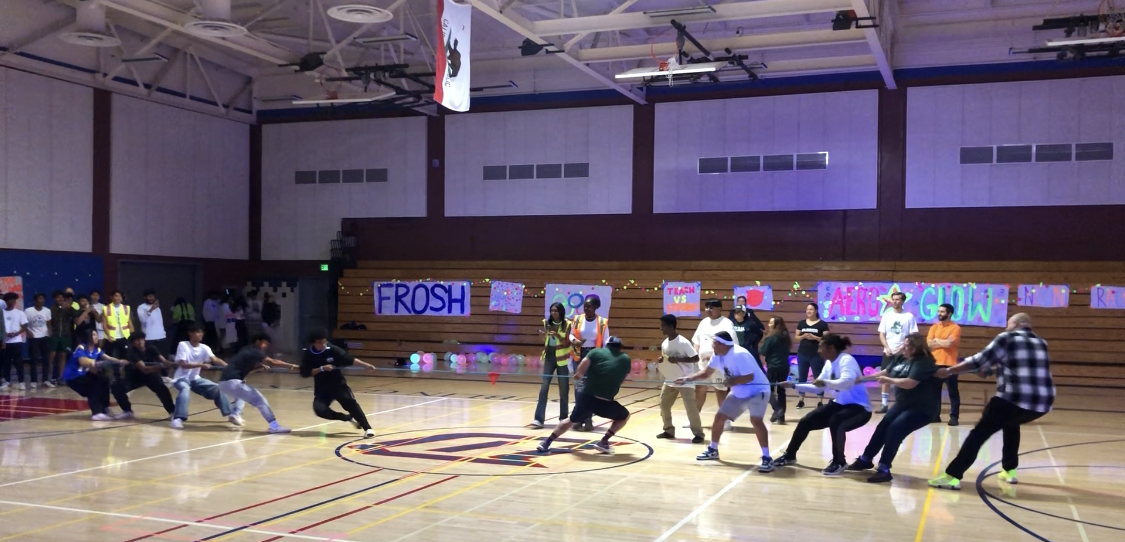

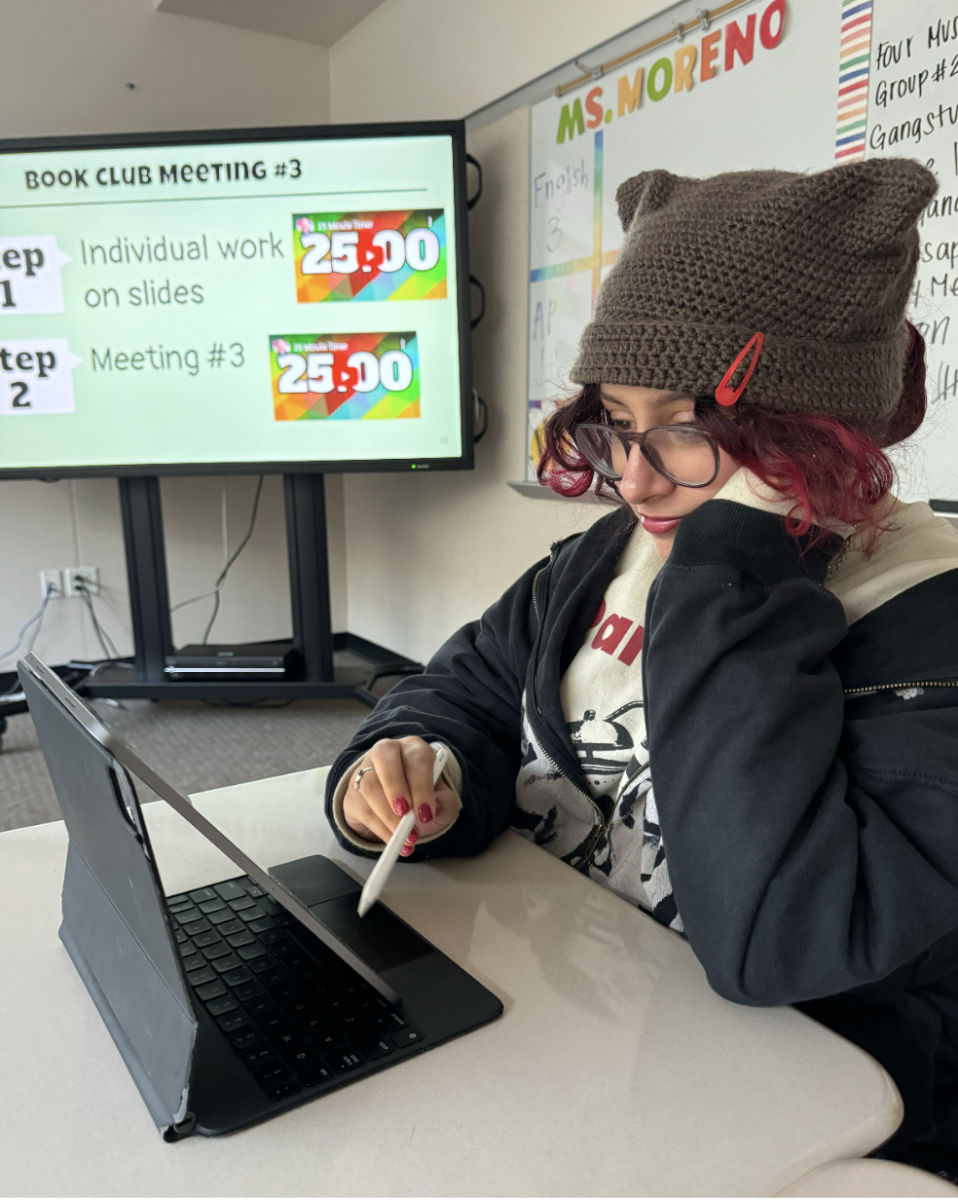
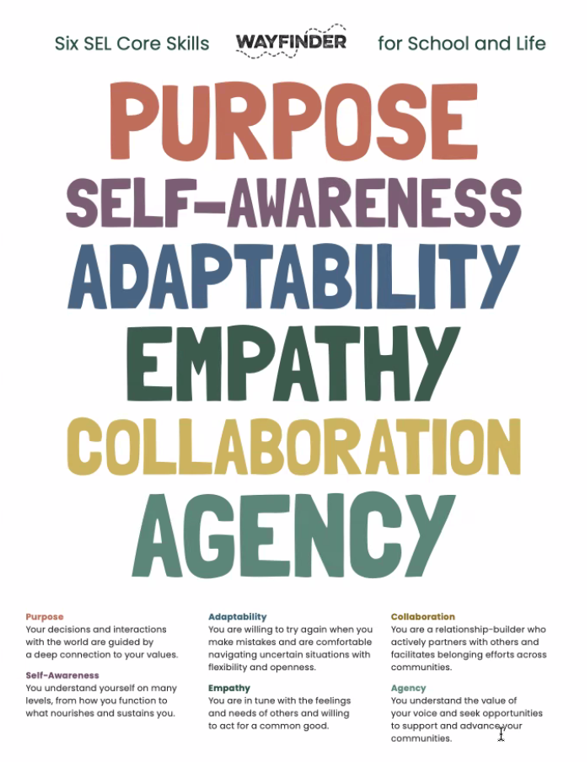




![[Book Review] Weapons of Math Destruction: The insidious danger of Big Data](https://thedublinshield.com/wp-content/uploads/2024/06/wmdsarticle-727x1200.jpg)


















